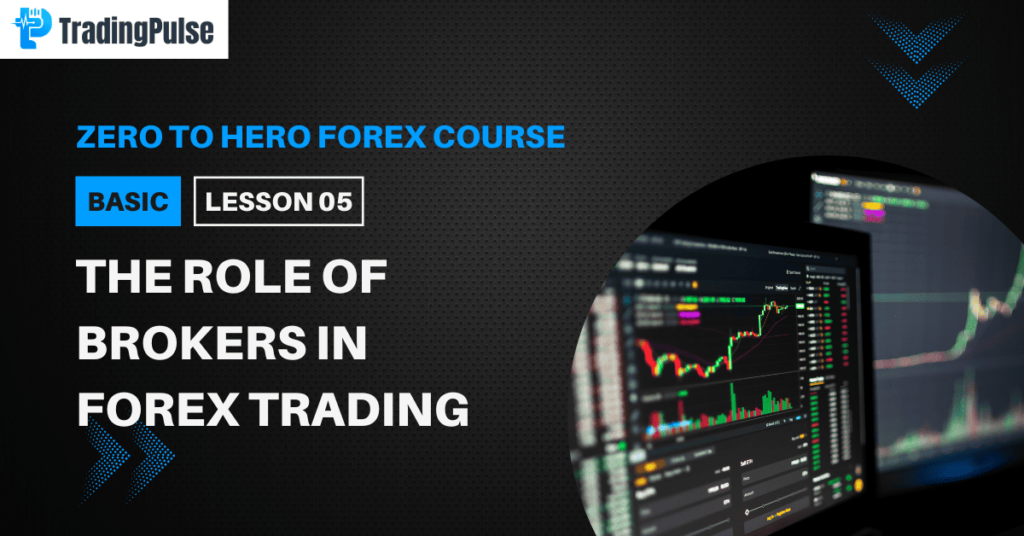
Introduction to Forex Brokers
Forex brokers play a crucial role in the Forex market, acting as intermediaries between traders and the interbank system where currency transactions occur. They provide the platforms and tools necessary for retail traders to access the market and execute trades. Understanding the role of brokers is essential for any trader looking to succeed in Forex trading.
What is a Forex Broker?
A Forex broker is a financial service company that provides traders with access to a platform for buying and selling foreign currencies. Brokers offer leverage, a range of trading tools, and various account types to suit different trading styles and experience levels.
Types of Forex Brokers
- Market Makers: Market makers provide liquidity by buying and selling currencies from their clients. They often take the opposite side of a trade to ensure orders are filled. Market makers may offer fixed spreads, but they also have the potential to manipulate prices.
- ECN (Electronic Communication Network) Brokers: ECN brokers connect traders directly to the interbank market. They aggregate quotes from various liquidity providers, offering tighter spreads and transparent pricing. ECN brokers charge a commission for each trade but do not trade against their clients.
- STP (Straight Through Processing) Brokers: STP brokers route clients’ orders directly to liquidity providers without an intermediary. They offer variable spreads and do not manipulate prices, ensuring a more transparent trading environment.
Services Provided by Forex Brokers
- Trading Platforms: Brokers offer trading platforms like MetaTrader 4 (MT4), MetaTrader 5 (MT5), and proprietary platforms. These platforms provide charting tools, technical analysis, and order execution capabilities.
- Leverage: Brokers provide leverage, allowing traders to control larger positions with a smaller amount of capital. Leverage ratios vary by broker and can significantly impact trading risk.
- Market Analysis and Research: Many brokers offer research tools, market analysis, and educational resources to help traders make informed decisions. These resources can include daily market updates, webinars, and trading courses.
- Customer Support: Reliable customer support is crucial for resolving issues related to trading, platform use, and account management. Brokers typically offer support via phone, email, and live chat.
- Different Account Types: Brokers provide various account types to cater to different trader needs, including demo accounts for practice, standard accounts for regular trading, and VIP accounts for high-volume traders.
How to Choose a Forex Broker
- Regulation: Ensure the broker is regulated by a reputable financial authority, such as the FCA (UK), ASIC (Australia), or CySEC (Cyprus). Regulation provides a level of security and accountability.
- Trading Costs: Compare spreads, commissions, and other fees across brokers. Lower trading costs can enhance profitability, especially for high-frequency traders.
- Trading Platform: Choose a broker that offers a user-friendly and reliable trading platform with advanced tools and features that suit your trading style.
- Leverage Options: Consider the leverage ratios offered and select a broker that provides suitable options for your risk tolerance.
- Customer Support: Choose a broker with excellent customer support available through various channels, including phone, email, and live chat.
Forex brokers are vital facilitators in the Forex market, providing the necessary tools and services for traders to participate effectively. By understanding the different types of brokers and their offerings, traders can make informed choices to enhance their trading experience and success.
